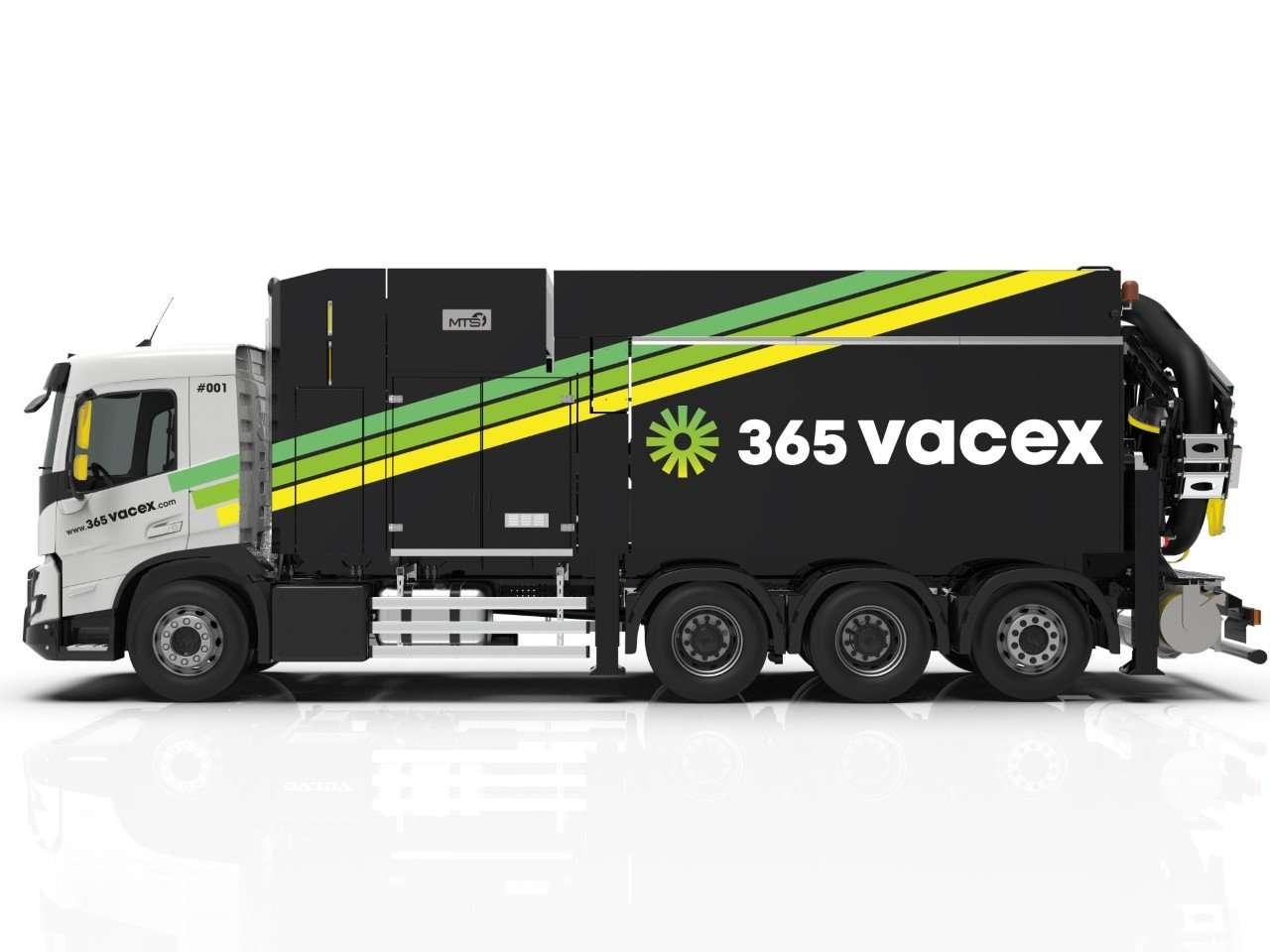Introduction
Welcome to the ultimate guide on Vacuum Excavation Services in the UK. In this comprehensive article, we will delve into the world of vacuum excavation, exploring its benefits, applications, and the top service providers in the UK. Whether you’re a construction professional or simply curious about this innovative technology, this guide has got you covered. So let’s dig in and unearth the wonders of vacuum excavation services in the UK!
Table of Contents
What is Vacuum Excavation?
How Does Vacuum Excavation Work?
The Advantages of Vacuum Excavation Services
Applications of Vacuum Excavation
Choosing the Right Vacuum Excavation Service Provider in the UK
Vacuum Excavation vs Traditional Excavation: A Comparison
Vacuum Excavation Safety Measures
Frequently Asked Questions (FAQs)
Conclusion
1. What is Vacuum Excavation?
Vacuum excavation is an innovative technique used to safely and efficiently excavate soil and debris using high-powered suction equipment. This method is widely recognized for its non-destructive nature, making it an ideal choice for projects where underground utilities and sensitive infrastructure are present. By using a combination of air or water pressure and suction, vacuum excavation minimizes the risk of damage and provides a precise and controlled excavation process.
2. How Does Vacuum Excavation Work?
Vacuum excavation works by creating a powerful suction force that removes soil, debris, and liquids from the excavation site. The process involves specialized equipment, typically consisting of a suction hose, a debris tank, and an air or water system. The suction hose is inserted into the ground, and the air or water system dislodges the soil while the debris is simultaneously sucked into the tank. This enables precise digging and allows for the safe exposure of underground utilities.
3. The Advantages of Vacuum Excavation Services
Vacuum Excavation Services offer numerous advantages over traditional excavation methods. Some of the key benefits include:
a) Enhanced Safety
Unlike traditional excavation techniques that often involve manual digging, vacuum excavation minimizes the risk of accidents and injuries. By using controlled suction, the process eliminates the need for physical labor, reducing the chances of worker-related incidents and damage to underground utilities.
b) Preserving Infrastructure
Vacuum excavation is a non-destructive method that ensures the integrity of underground infrastructure. By precisely exposing utilities, such as gas pipelines, fiber optic cables, or water lines, vacuum excavation prevents accidental damage during construction or maintenance activities.
c) Efficiency and Speed
With its precise and controlled digging capabilities, vacuum excavation significantly reduces project timelines. The ability to excavate with accuracy saves time on locating utilities, while the quick removal of debris streamlines the overall construction or maintenance process.
d) Environmental Friendliness
Vacuum excavation is an eco-friendly method that minimizes the impact on the environment. The process eliminates the need for excessive digging, reducing soil disturbance, and preserving the natural landscape. Additionally, efficient debris collection and disposal minimize the spread of dust and debris, maintaining a clean and safe worksite.
e) Cost-Effectiveness
Despite being a cutting-edge technology, vacuum excavation services offer cost savings in the long run. The reduced labor requirements and minimized damage to infrastructure result in lower repair and replacement costs. Moreover, the increased efficiency translates into shorter project durations and improved productivity.
4. Applications of Vacuum Excavation
Vacuum excavation services find applications across various industries and sectors. Some common applications include:
a) Utility and Pipeline Exposure
One of the primary uses of vacuum excavation is for exposing and verifying utility lines and pipelines. By precisely excavating around these crucial assets, construction teams can carry out repairs, upgrades, or installations without the risk of accidental damage.
b) Debris Removal
Vacuum excavation is also effective for debris removal, whether it’s during construction, maintenance, or cleanup activities. The powerful suction capabilities of vacuum excavation equipment enable efficient debris collection and disposal.
5. Choosing the Right Vacuum Excavation Service Provider in the UK
When selecting a vacuum excavation service provider in the UK, it’s essential to consider several factors to ensure a successful and reliable partnership. Here are some key considerations:
a) Experience and Expertise
Look for a service provider with extensive experience in the vacuum excavation industry. A company with a proven track record and knowledgeable staff will deliver superior results and minimize potential risks.
b) Equipment and Technology
Evaluate the service provider’s equipment and technology capabilities. State-of-the-art equipment ensures efficient and precise excavation, while advanced technology enables accurate utility detection and mapping.
c) Safety Measures
Safety should be a top priority when choosing a vacuum excavation service provider. Inquire about their safety protocols, certifications, and commitment to following industry best practices to mitigate risks.
d) Reputation and Reviews
Research the company’s reputation and read customer reviews or testimonials. Positive feedback and a strong reputation indicate a reliable and trustworthy service provider.
e) Cost and Efficiency
Consider the service provider’s pricing structure and evaluate their efficiency. Request detailed quotes and compare them to ensure you’re getting the best value for your investment.
6. Vacuum Excavation Safety Measures
Safety is paramount in vacuum excavation projects. Here are some essential safety measures to follow:
Conduct thorough site inspections and risk assessments before starting any excavation work.
Ensure all personnel receives proper training and certification in vacuum excavation techniques and safety protocols.
Implement strict guidelines for wearing personal protective equipment, including high-visibility clothing, hard hats, gloves, and safety boots.
Regularly inspect and maintain vacuum excavation equipment to ensure proper functioning and minimize the risk of accidents.
Establish clear communication channels and signals between workers and equipment operators to maintain a safe working environment.
Adhere to industry standards and regulations regarding utility detection, marking, and protection.
Frequently Asked Questions (FAQs)
FAQ1: What are the main advantages of vacuum excavation over traditional excavation?
Ans) Vacuum excavation offers enhanced safety, precise digging, efficiency, environmental friendliness, and cost-effectiveness compared to traditional excavation methods.
FAQ 2: Can vacuum excavation be used in urban areas with limited space?
Ans) Yes, vacuum excavation is highly suitable for urban areas with limited space. Its precise and non-destructive nature allows for excavation in confined spaces while minimizing disruption to surrounding infrastructure.
FAQ 3: Is vacuum excavation suitable for all types of soil?
Ans) Yes, vacuum excavation can be used for various soil types, including clay, sand, gravel, and even frozen ground. The equipment and techniques can be adjusted to accommodate different soil conditions.
FAQ 4: How long does a typical vacuum excavation project take?
Ans) The duration of a vacuum excavation project depends on factors such as the project size, complexity, soil conditions, and accessibility. Smaller projects can be completed in a few hours, while larger ones may take several days or weeks.
FAQ 5: Are there any risks involved in vacuum excavation?
Ans) While vacuum excavation is generally safe, there are some risks associated with the process. These include potential damage to utilities if not properly identified and accidental injury if safety protocols are not followed. Proper training and adherence to safety measures mitigate these risks.
FAQ 6: How can I find a reliable vacuum excavation service provider in the UK?
Ans) To find a reliable vacuum excavation service provider in the UK, consider factors such as experience, reputation, equipment, safety measures, and cost-efficiency.
Conclusion
Vacuum excavation services in the UK offer a safe, precise, and efficient method for excavation and utility exposure. The technology’s advantages, such as enhanced safety, preservation of infrastructure, and cost-effectiveness, make it a preferred choice for various industries. By choosing the right service provider, understanding the costs and safety measures, and staying informed about the latest equipment and technology, you can leverage vacuum excavation to optimize your construction or maintenance projects while ensuring minimal disruption to the environment and infrastructure.

As the editor of the blog, She curate insightful content that sparks curiosity and fosters learning. With a passion for storytelling and a keen eye for detail, she strive to bring diverse perspectives and engaging narratives to readers, ensuring every piece informs, inspires, and enriches.










